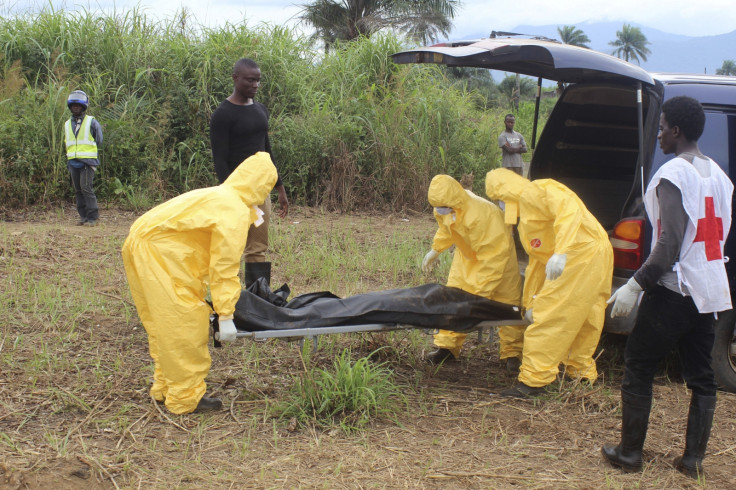Ebola Transmission: Funerals the Superspreaders, Says Study Warning of Over 300 Daily Cases in Liberia Soon

Funerals, as being customarily practised in West Africa, are the "super-spreader events" that have had a disproportionate impact in the early transmission of the Ebola virus, according to a new study by researchers from Yale University, Oregon State University and the Ministry of Health and Social Welfare in Liberia.
Reducing transmission in hospitals and the community will not by itself bring the epidemic under control, they warned.
"These funeral practices often included washing, touching and kissing of bodies that were still capable of spreading the Ebola virus," Jan Medlock, assistant professor in the OSU Department of Biomedical Sciences and an expert in mathematical epidemiology and evolution of infectious disease said.
The researchers endorsed a hygienic approach that includes disinfecting the cadaver before placing it in a plastic body bag and doing further disinfecting.
With Ebola transmission occurring mostly through direct or indirect contact with body fluids, the researchers noted that deceased victims still carry a high viral load in their blood and excretions.
Case isolation, contact tracing with quarantines, and better protection for health care workers are the keys to stopping the Ebola epidemic without which there could be about 224 new cases daily in Liberia by December 1, and 348 new daily cases by December 30, the scientists said.
However, more aggressive approaches recommended, used at a reasonably high level of efficiency, could by mid-March lead to its control in Liberia, the focal point of the epidemic.
In Liberia the Ebola reproductive number is currently 1.63, meaning that two infected people would infect, on average, about three more people, and the epidemic continues to expand. This number has to be brought down to one to extinguish the epidemic.
An earlier study has also predicted more deaths in Liberia if more efforts to control are not put in place. Vaccines against the virus are being fast-tracked but while some doses will be available early next year, it will not be able to address the epidemic, making control of the spread a major task.
The death toll so far according to WHO is 4,922.
© Copyright IBTimes 2025. All rights reserved.





















